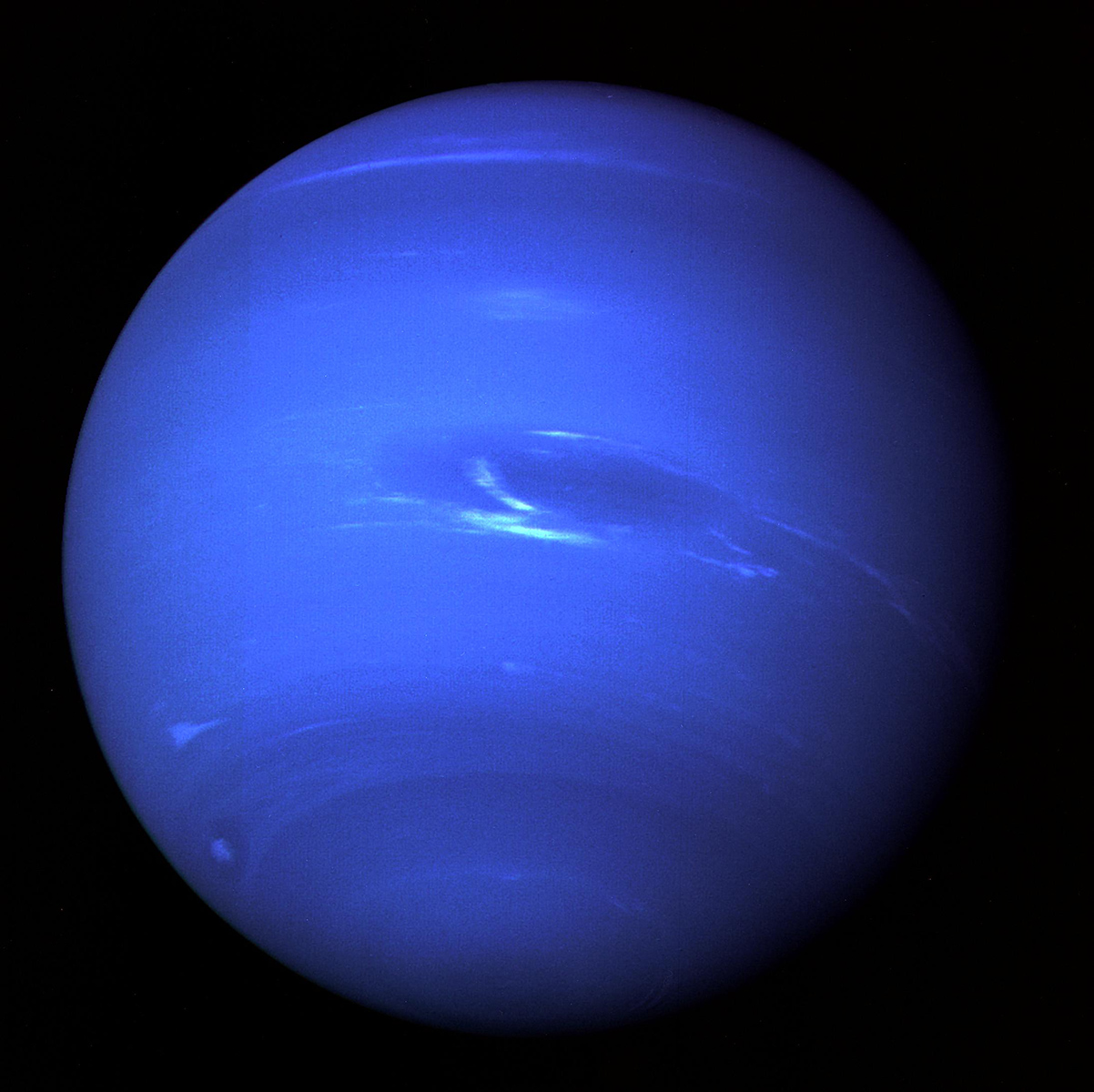By Ellen F. Franklin, PhD
 After a very mild almost snowless winter a blast of cold weather, high winds and snow roared in like a lion. The moisture always welcome in the high desert of Northern New Mexico, made us grateful for the warmth of the growing dome and the beautiful greens that sustain us in winter. Volunteer tomatoes are already creeping up and it won’t be long before we switch to spring and summer crops. Donna has begun new batches of wine and port, seeds have been ordered and plans are underway for both the indoor and outdoor gardens. The goal is to simplify and still have an abundance of produce for upcoming classes and a summer filled with visitors.
After a very mild almost snowless winter a blast of cold weather, high winds and snow roared in like a lion. The moisture always welcome in the high desert of Northern New Mexico, made us grateful for the warmth of the growing dome and the beautiful greens that sustain us in winter. Volunteer tomatoes are already creeping up and it won’t be long before we switch to spring and summer crops. Donna has begun new batches of wine and port, seeds have been ordered and plans are underway for both the indoor and outdoor gardens. The goal is to simplify and still have an abundance of produce for upcoming classes and a summer filled with visitors.
At the beginning of the year I selected a word to inform and guide my goals and vision for 2018: create. Embracing new opportunities to create in my own life and for our greater community and the planet was primary. As I reflect on creation and self-nurturance the theme of water is ever present as water contains the seeds of all creation. How appropriate that this month we are in the sign of Pisces, ruled by Neptune the god of the sea. The archetypal qualities of Neptune are about oneness, boundaries, water, and the unconscious. Particularly relevant themes are Neptune’s ability to dissolve outdated patterns to make room for growth. Neptune also aids in pointing out false projections and illusions, allowing us to reclaim lost power, while serving as a guide to access the potential for intuition, inspiration, and artistic creativity.
The archetypal qualities contained within Neptune are varied and rich, including concepts such as dissolution, symbols, metaphors, vision, undifferentiated wholes, the Tao, the stream of consciousness, the depths of the unconscious, imagination, creative expression, and the root of all spiritualism. Neptune provides insights to the collective unconscious, the hero, psyche, world soul, animus mundi, dreams, illusions, mysticism, the transcendent, and all aspects of water, such as the experience of drifting, drowning, flowing, or being lost within its currents. It is from this archetype that we give expression to feelings of loss: feeling at sea, in the depths, unable to wash away grief. Neptune is also represented in the salt water of our central nervous system and in our cerebral spinal fluid, and when we are suspended within the amniotic fluid of the womb. This archetype invokes the sensory experience of swimming in warm Caribbean waters feeling a deep connection to something ancient and mystical.
Jung viewed archetypes as living organisms that transcend history, cultures, races, and time; they are ever changing, rich with potential, and open to continual reinterpretation. Jung also suggests that recurring symbolic images or myth-motifs contain traces that may impact body and soul and thus give rise to archetypes. From the mythic gods Neptune, the turbulent god of the sea and waters of Earth, to Chiron the archetype of the wounded healer, to the semi-mythical figure of Asclepius, archetypal imagery informs our modern perception of the healing process.
Jung recognized that science does not accept or understand the significance of these primordial images, yet he views them almost like psychic organs that must be treated with the utmost respect:
It is only possible to live the fullest life when we are in harmony; with these symbols; wisdom is a return to them. It is a question of neither belief nor of knowledge, but of the agreement of our thinking with the primordial images of the unconscious. They are the unthinkable matrices of all our thoughts, no matter what our conscious mind may cogitate. (1960/1969b, p. 403)
 Each of these large planetary bodies, Neptune, Chiron and Sedna, informed by their mythic and primordial imagery provides their own unique way to access deep wounds providing sound-based solutions to more deeply understand and transcend experiences and challenges that limit our ability to be fully present healthy and whole. In her newsletter contribution this month, Judy Bernard reminds us that we must embody the change we wish to see in the world. Her self-care suggestions begin with affirmations that claim what we want with a suggested interval and specific easy to access points to bring these powerful affirmations into our body.
Each of these large planetary bodies, Neptune, Chiron and Sedna, informed by their mythic and primordial imagery provides their own unique way to access deep wounds providing sound-based solutions to more deeply understand and transcend experiences and challenges that limit our ability to be fully present healthy and whole. In her newsletter contribution this month, Judy Bernard reminds us that we must embody the change we wish to see in the world. Her self-care suggestions begin with affirmations that claim what we want with a suggested interval and specific easy to access points to bring these powerful affirmations into our body.
As I reflected on her contribution and that we are currently under the astrological sign of Pisces ruled by Neptune, I could not help but focus on Neptune’s support to point out false projections and illusions that help us to dissolve out dated patterns that no longer serve us. I view Neptune as a major player in the current political climate represented through a blurring of boundaries between truth and fiction; what is real, and what is illusion. Can we discern the fake news from the truth? Can we speak truth to power? Water contains the seeds of all creation. When you water something that is untruthful it grows in strength and power–and so we must pay attention to what we choose to water. A little Saturnian fact checking can also aid our discernment.
What is it that we most want in our garden. As I listen to the voices of children who feared for their own lives as they witnessed classmates gunned down, holding strong in their resolve #Never Again, they speak truth to power when they ask if politicians will continue to accept money from the NRA. Our nephew, an inner-city high school teacher in Milwaukee, Wisconsin, has been very articulate about the inherent risks in arming even highly trained teachers. Passionately speaking up about the unintended consequences that might result from such a reactionary approach to school violence, begging that such actions be reconsidered. Registering and voting in the mid-term elections this year is a positive action.
Invoke the energetic power of Neptune, refuse to stay in a dream world. Fact check, release old falsehoods, speak up, and bring the tools of Acutonics out into the world to address trauma. Continue to work in community toward creation of a new matrix rooted in Universal truths, oneness, and peace.
Reference:
Jung, C. G. (1969). Structure and dynamics of the psyche (R. F. C. Hull, Trans.), from the Collected works of C. G. Jung, volume 8, Bollingen Series XX. Princeton, NJ: Princeton University Press. (Original work published 1960)

